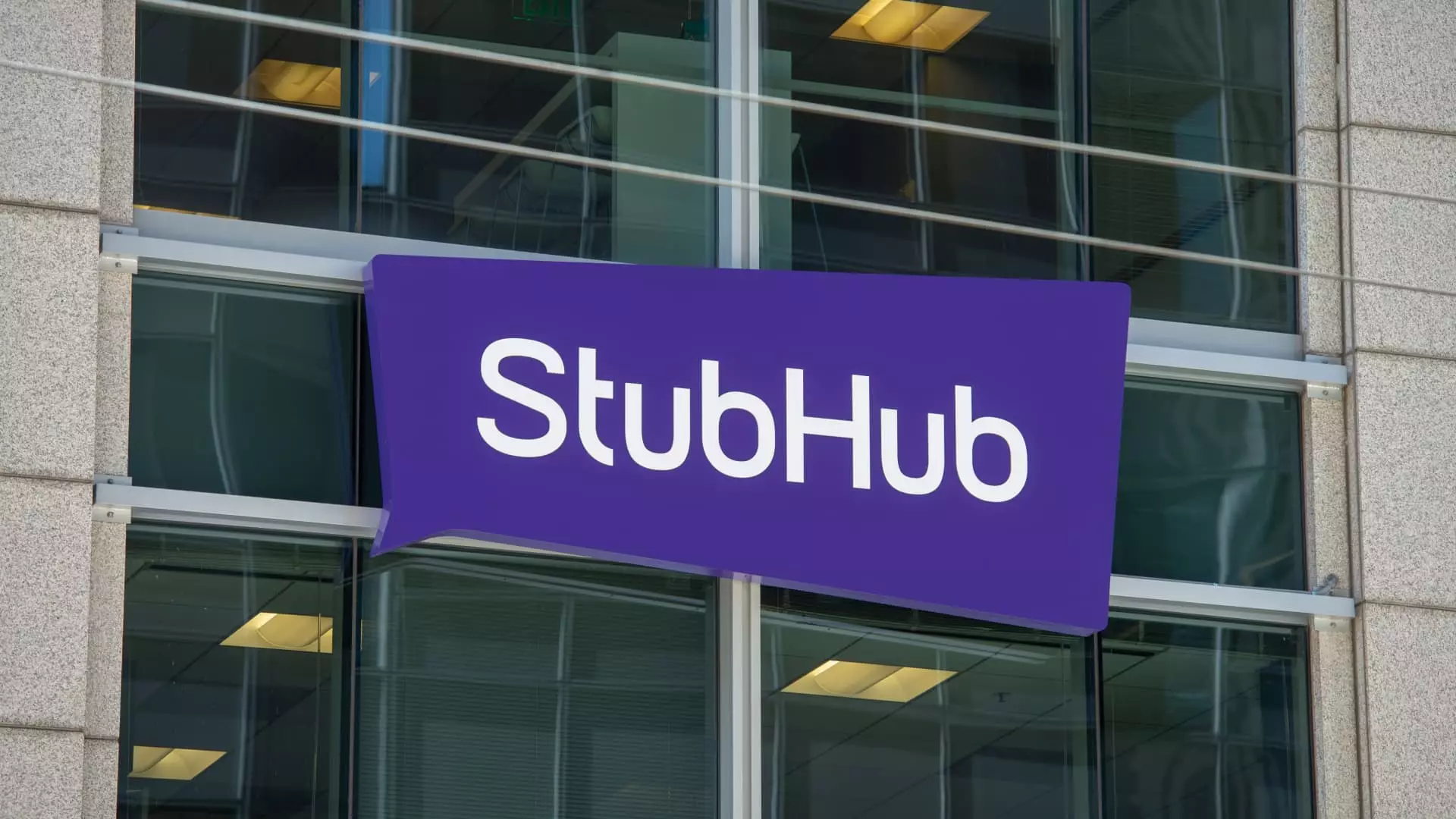The recent lawsuit filed by Washington, D.C., Attorney General Brian Schwalb against StubHub sheds light on the deceptive and unfair pricing practices employed by the popular online ticket exchange platform. The lawsuit alleges that StubHub utilizes misleading advertising tactics to lure consumers with low ticket prices, only to significantly hike up the prices during the checkout process. This deliberate deception has raised concerns among consumers, lawmakers, and the general public.
One of the key allegations in the lawsuit is the use of “drip pricing” by StubHub. This strategy involves displaying a countdown clock to create a false sense of urgency, prompting consumers to make hasty decisions without fully understanding the total cost of their purchase. Additionally, the complaint argues that StubHub adds exorbitant “fulfillment and services fees” without providing clear explanations, further misleading customers about the actual price they will end up paying.
The lawsuit highlights the detrimental impact of StubHub’s deceptive pricing practices on consumers. By hiding fees until the end of the checkout process, the platform takes advantage of customers’ lack of awareness and understanding of the true costs involved. As a result, consumers end up paying significantly more than the initially advertised prices, leading to frustration and distrust among ticket buyers.
According to the attorney general’s office, StubHub previously used an “all-in pricing” model from 2014 to 2015, where mandatory fees were included in the advertised price. However, the company conducted a testing period and discovered that by hiding fees until the final checkout, consumers were more likely to purchase tickets at higher prices. This deliberate manipulation of pricing tactics demonstrates a pattern of deceptive behavior by StubHub.
The lawsuit filed by the AG’s office is not the first legal action taken against StubHub for deceptive practices. In January, the company faced a federal class action lawsuit for misleading customers on ticket prices. These legal challenges underscore the urgent need for stricter regulations and oversight in the ticketing industry to protect consumers from exploitation and dishonest business practices.
The case against StubHub serves as a stark reminder of the risks and consequences associated with deceptive pricing practices in the online ticket exchange market. As consumers become more vigilant and demand transparency from companies like StubHub, it is crucial for regulatory authorities to take decisive action to hold businesses accountable for their misleading tactics. Only through concerted efforts to enforce fair and ethical business standards can we safeguard consumers and promote a more trustworthy marketplace for ticket sales.


Leave a Reply